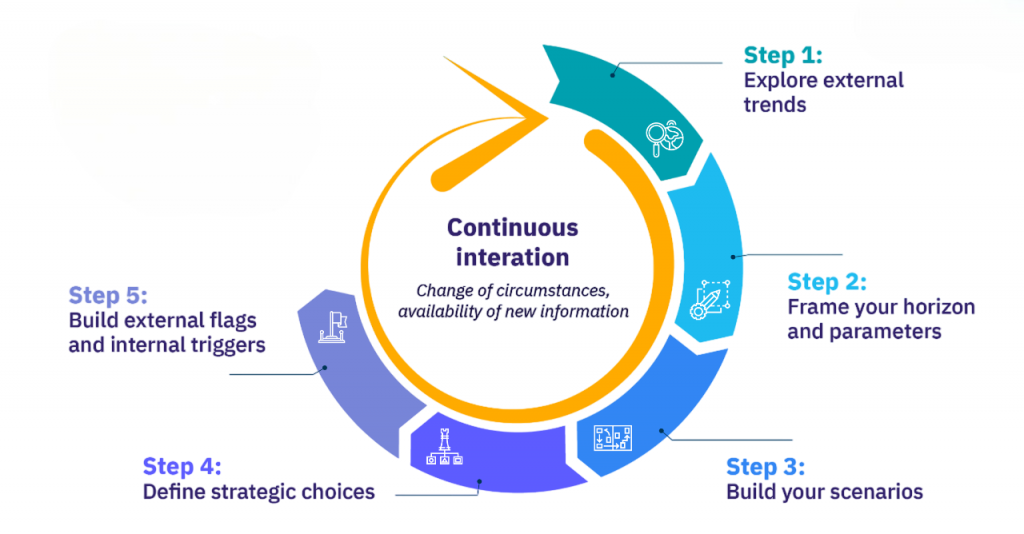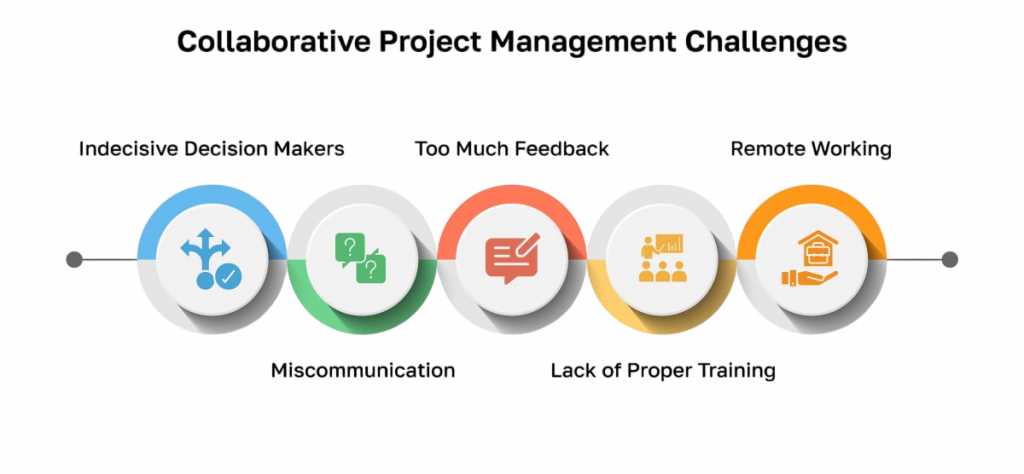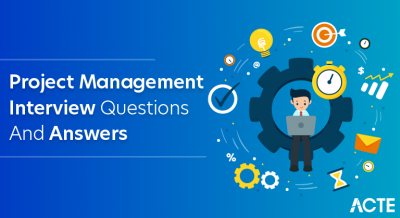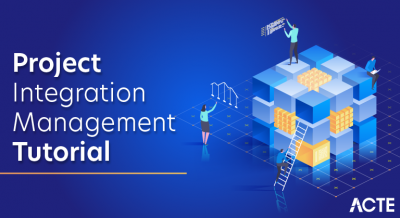
- Importance of Practical Learning in Tech
- Course Structure Overview
- Real-Time Project Assignments
- Industry-Relevant Scenarios
- Use of Case Studies
- Lab Exercises and Code Challenges
- Tools and Software Provided
- Mentorship and Live Sessions
- Peer Collaboration and Group Projects
- Capstone Projects
- Assessment & Certification
- Feedback from Alumni
- Conclusion
Importance of Practical Learning in Tech
A Tech course with projects ensures practical learning remains at the heart of technology education today. Unlike traditional theoretical models, tech education thrives on hands-on experience, allowing learners to apply concepts, test hypotheses, and solve real-world problems. Practical learning fosters a deeper understanding of programming, system design, network configurations, cybersecurity strategies, and more. By actively engaging with technology, students build problem-solving skills, gain confidence, and become more adaptable to the fast-evolving industry. To complement these technical capabilities with structured leadership, explore PMP Training a certification pathway that equips professionals with project planning, execution, and stakeholder management skills essential for leading complex tech initiatives. Employers today are more inclined to hire candidates with demonstrable practical experience rather than only academic credentials. Hence, a Tech course with projects is not just beneficial, it’s essential for effective learning and career readiness.
To Explore PMP in Depth, Check Out Our Comprehensive PMP Certification Training To Gain Insights From Our Experts!
Course Structure Overview
A well-designed tech course typically includes a balanced combination of theory, practical applications, assessments, and collaborative tasks. Courses are usually divided into multiple modules, each targeting specific skill sets. The structure begins with foundational knowledge and progresses to advanced topics, ensuring learners gradually build their expertise. To understand how iterative frameworks shape this learning journey, explore What is Agile |Its Methodology and Types a comprehensive guide that breaks down Agile principles, delivery models, and the types of methodologies that drive adaptive learning and project execution. Every module ends with practical assignments or mini-projects to reinforce learning. Instructors provide detailed lecture videos, reading materials, and coding tasks. Weekly quizzes and periodic assessments help track progress, while discussion forums and live sessions support peer and mentor interactions.
Real-Time Project Assignments
- Real-time project assignments bridge the gap between academic knowledge and industry demands. These projects simulate real-world tech challenges, requiring learners to build complete software solutions, perform data analysis, create web applications, or deploy cloud infrastructure.
- By working on projects that mimic real-time business needs, students learn to meet deadlines, manage resources, and think critically. Projects might include building an e-commerce website, developing a mobile app, or analyzing large datasets using Python or R. These hands-on assignments not only strengthen the understanding of tools and concepts but also enhance employability by building a portfolio of work.
- Case studies serve as analytical tools that enable students to dive deep into real business problems and understand how technology was used to solve them. They provide insights into the strategic decisions made by companies and the implementation of solutions using specific technologies.
- For example, a case study on Netflix’s use of cloud computing or Amazon’s recommendation engine helps learners grasp complex systems in action. By evaluating successes and failures from industry, learners improve their critical thinking, decision-making, and strategic planning skills.
- Lab exercises and code challenges are integral parts of practical tech training. These structured tasks focus on specific technical skills like writing algorithms, configuring servers, or setting up DevOps pipelines. Labs usually provide a safe environment to practice without consequences, allowing for experimentation and learning through mistakes.
- Code challenges, on the other hand, are timed and goal-oriented, designed to improve speed, accuracy, and coding proficiency. Platforms like HackerRank, LeetCode, and CodeSignal are commonly integrated into tech courses to enhance programming capabilities and prepare students for technical interviews.
- Learning in isolation limits growth, whereas peer collaboration fosters teamwork, knowledge sharing, and exposure to diverse perspectives. Group projects are assigned to simulate workplace dynamics, where students must coordinate, divide responsibilities, and integrate their work.
- To turn these collaborative experiences into structured execution, explore A Plan And Manage Your Projects Better a practical framework that helps learners master task delegation, timeline alignment, and cross-functional coordination for real-world project success.
- These projects develop soft skills like communication, leadership, and conflict resolution alongside technical acumen. Tools like Slack, Trello, and Git allow teams to work asynchronously across locations. Group projects often mirror agile methodologies with sprints, stand-ups, and demos, preparing learners for real-world software development practices.
- Continuous assessment ensures that learners stay on track and grasp each concept thoroughly. Assessments include quizzes, coding challenges, peer reviews, and project evaluations. These assessments provide feedback loops that help learners identify gaps and improve.
- To understand how analytical skills can evolve into leadership capabilities, explore Business Analyst be a Project Manager a career transition guide that outlines the competencies, mindset shifts, and strategic frameworks needed to move from analysis to execution.
- Final certification is awarded based on overall performance, including attendance, assignment completion, and project quality. Reputed certifications from recognized institutions or platforms add value to resumes and LinkedIn profiles, signaling to employers that the candidate possesses both theoretical knowledge and practical experience.
Are You Interested in Learning More About PMP? Sign Up For Our PMP Certification Training Today!
Industry-Relevant Scenarios
Incorporating industry-relevant scenarios into the learning environment ensures that students are prepared for real job roles. Scenarios such as automating business processes, designing secure systems, or troubleshooting IT infrastructure reflect what tech professionals face daily. Instructors often simulate client requirements, change requests, and technical constraints to make exercises more authentic.

To translate these simulations into real-world project leadership, explore PMP Training a hands-on certification program that equips professionals with the tools to manage scope, timelines, and stakeholder expectations across dynamic project environments. This prepares students for problem-solving in unpredictable, high-stakes environments. Learners also understand the context in which certain technologies are used, the trade-offs involved, and the communication skills necessary to interact with stakeholders.
Use of Case Studies
Are You Preparing for PMP Jobs? Check Out ACTE’s Project Management Interview Questions & Answer to Boost Your Preparation!
Lab Exercises and Code Challenges
Tools and Software Provided
To support hands-on learning, tech courses provide access to essential tools and software. These may include integrated development environments (IDEs) like Visual Studio Code, database management tools like MySQL Workbench, cloud platforms like AWS or Azure, and collaborative tools like GitHub. Learners are guided through the installation, configuration, and use of these tools from day one. Some programs offer virtual labs or cloud-based environments, allowing learners to practice from anywhere without needing powerful hardware. To translate this technical immersion into leadership readiness, explore How to Become a Project Manager a career roadmap that outlines essential skills, certification paths, and strategic competencies for leading projects in modern tech environments. Exposure to these tools equips learners with practical skills aligned with current industry standards.
Are You Considering Pursuing a Master’s Degree in PMP? Enroll in the PMP Masters Program Training Course Today!
Mentorship and Live Sessions
Mentorship is a key component that enhances practical learning by providing personalized guidance, encouragement, and career advice. Experienced mentors offer insights into industry trends, help solve technical doubts, and share best practices. Live sessions with instructors foster real-time interaction, enabling learners to clarify concepts and engage in collaborative coding. To understand how these learning dynamics align with operational strategy, explore Scope of Production Management a practical overview of how planning, coordination, and control functions drive efficiency across technical and manufacturing workflows. These sessions often involve walkthroughs of complex projects, debugging sessions, and Q&A rounds. A strong mentor-mentee relationship also plays a pivotal role in career planning and building professional confidence.
Peer Collaboration and Group Projects

Capstone Projects
Capstone projects are comprehensive, culminating experiences where learners apply everything they have learned throughout the course. These projects are typically complex, multi-disciplinary, and based on real or simulated business problems. For instance, a capstone could involve building a full-stack web application with integrated AI features or deploying a secure cloud infrastructure for a hypothetical company. To manage such complex deliverables efficiently, explore Project Management Tools a detailed guide to platforms that streamline task tracking, team collaboration, resource allocation, and milestone delivery across technical projects. Learners must plan, design, implement, and present their solutions. Capstone projects are often reviewed by industry experts, making them valuable for both learning and professional networking. They also become a key highlight in portfolios and resumes.
Assessment & Certification
Feedback from Alumni
Alumni feedback offers insights into the long-term impact of practical tech education. Many former students credit hands-on training, real-time projects, and mentorship for their successful transitions into tech careers. They often highlight how case studies, lab exercises, and group work mirrored their current job environments. Alumni testimonials also serve as social proof of a course’s quality, effectiveness, and industry relevance. To connect these learning formats with structured delivery planning, explore Developing Project Schedule a practical guide that explains how to sequence tasks, allocate resources, and align timelines with stakeholder expectations in real-world scenarios. Some programs invite alumni to mentor new batches, creating a cycle of knowledge transfer and community building that benefits everyone involved.
Conclusion
Practical learning is the backbone of modern tech education. A Tech course with projects transforms passive learners into active problem-solvers and equips them with the skills needed to thrive in the tech industry. With structured course modules, real-time projects, industry scenarios, mentorship, and peer collaboration, learners gain holistic training. To convert this immersive experience into certified project leadership, explore PMP Training a comprehensive program that empowers professionals with globally recognized methodologies, stakeholder management skills, and execution frameworks for high-impact delivery. Certifications validate their efforts, while alumni feedback ensures continuous course improvement. Ultimately, a Tech course with projects doesn’t just prepare students for a job, it prepares them for a long-lasting career in technology.





